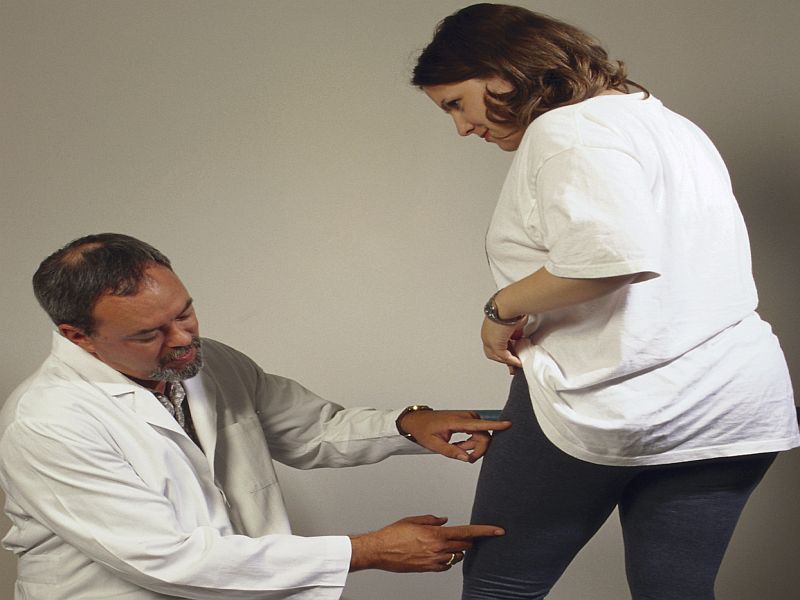
Before developing type 2 diabetes, people may have prediabetes, says the American Diabetes Association. Prediabetes is marked by higher-than-normal blood sugar levels that aren’t quite high enough to qualify as diabetes. Prediabetes can be difficult to recognize. People usually find out that they have the condition after being tested for diabetes. If you do have… read on >
















